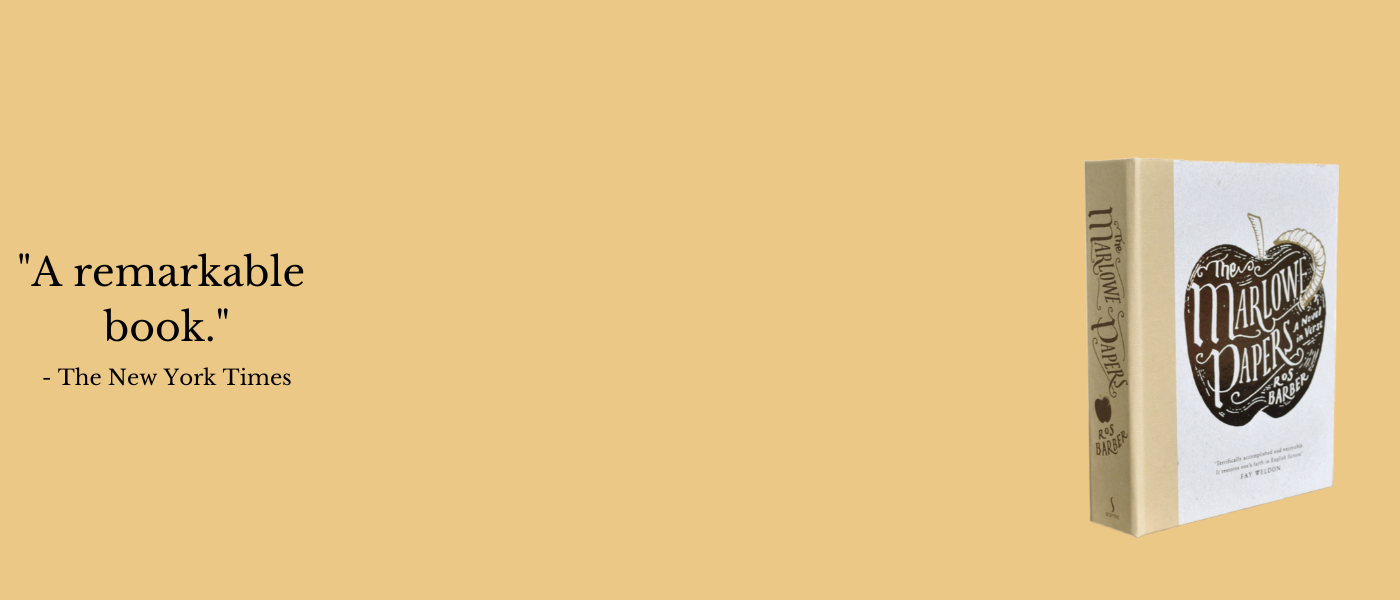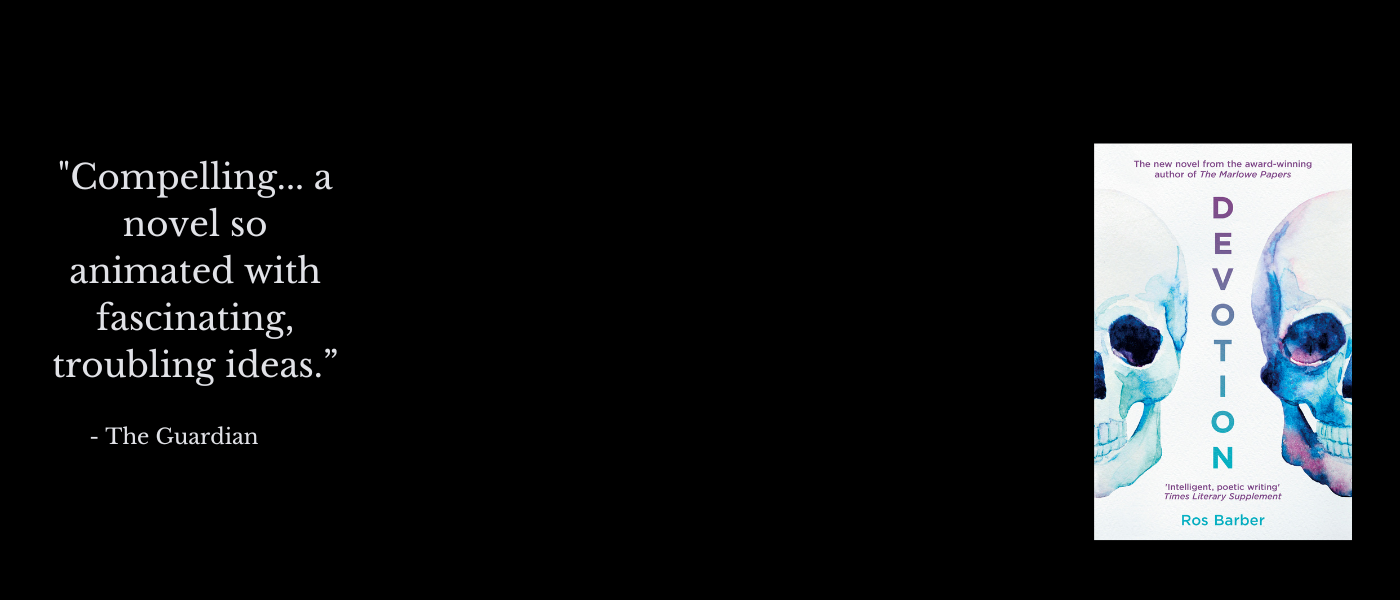Yesterday I watched some footage of myself from fifteen years ago. We are not who we were.
The surface impression was disturbing. A face and a body I’d now love to inhabit. Yet I remember the agony of doing so. Looking good was my only compensation for a life more miserable than I could communicate. There’s no sign of the misery. She’s the party girl, full of talk, full of herself. And at every opportunity, full of drink. A person seemingly strong, even forceful, yet incredibly unstable. Little wonder she had so much trouble holding onto friendship, finding love. No wonder she provoked dislike; even hatred. No wonder she experienced men largely as predators.
Around this time, I read poetry in public for the first time. Just before I went up a man said to me ‘How can you write poetry when you’ve got no soul?’ At the time, I felt eviscerated. Watching this footage, I can understand his mistake.
She is not me. She is heading for a catastrophic breakdown. You wouldn’t know, to look at her, how much she cries in private. Three small children she cannot cope with, no help. She drops them off at school and nursery and cries the whole drive home. Drinking used to begin when she put them to bed. Then it began at bath-time. Now six on the dot. Sometimes lunchtime. The tension between how she appears to be, and how she feels inside, will break her. Appearing to be okay takes a huge amount of energy, but is necessary, to prevent the unwelcome attention of strangers. She has seen her friend sectioned, Largactyled, subjected to Electro Convulsive Therapy. So no trip to the doctors. Medication would only be a sticking plaster over a gaping wound. Talk therapy: did that in her twenties. It taught her *why* she was messed up. But after a year she was still messed up. In some ways, worse. Picking a scab doesn’t heal it.
Everything bounces off her surface; she’s afraid, because she feels so deeply, hurts so intensely. Her talk is fast, snappy, sharp. Mine is slower, softer. Things go in now. When I began the shift, nearly six years ago, into the person I am now, I heard that change in my voice, felt that increased openness, very early on. Dumping years of baggage was an unbelievable relief. For the first time I was able to provide my own emotional support, and that was incredibly empowering. If you’re curious how: EFT, PSTEC. The latter requires no learning, and is (I’ve found) more appealing to men. A dear friend started using it a fortnight ago and the difference is already noticeable: he’s nicer to be with. Contrary to conventional wisdom – which might more accurately be called conventional ignorance – it need not be difficult, nor take a long time, to reinvent yourself.
Recently I had to fill in a medical form for a writing residency. Have I ever suffered from depression or anxiety? Ever? Is that a reasonable question to ask any person in their forties, let alone a poet? We are not our history; we have passed through it, been forged by it, recovered from it. I can fudge mine: no trace on my medical records, thanks to my terror of being sucked into the mental health system, and one good friend who offered me sanctuary when an acquaintance was trying to have me sectioned. In any case, I was telling the truth. Have I, this me that I am at peace with, ever suffered from depression or anxiety? No. That was her. The gorgeous one. The party girl.



Dear Ros
I think this is an excellent and moving post.
I can relate.
I also really enjoyed your talk at the Cheltenham Literature festival.
Best wishes
Anna
Dear Ros,
I’m writing to you from Germany. I found your website because of the Marlowe/Shakespeare question (“what else!”), which is nearly no question for me any more in the same way it isn’t for you (although we have to stay open scientifically for a real good proof of the opposite, of course…).
I would probably not have decided to write to you, if I wasn’t deeply impressed by exactly this very personal blogpost of yours. And in fact I tend to suggest a connection between this an the Shakespeare question: I got the impression that only a person who knows so much the depth of herself can, by empathy, clearly FEEL the true story of Marlowe/Shakespeare. That wants to say: If you are only in the brain – like most scientists are -, you lack even the courage to accept such a (then) seemingly “fierce” theory. That’s, in my opinion, the real reason why they stay “orthodox” despite of all the strong evidences, and often not even dare to discuss them really. Please, continue your great work! Because you are a scholar on this subject, because you are born in Shakespeare’s language, and, last but not least, because you are a poet, you can not be replaced by anybody else to do it!
And here, finally, is a question I want to ask you, because it is important to me: Did you ever think about doing research on possible traces remaining of Marlowe’s “after-life” in Italy? That would be the best possible proof of the whole Marlowe hypothesis, wouldn’t it? Where is his grave, for example? Sounds weird to many, but: Since some years now I have the idea that one can find quite precise hints on all that in “Shakespeare’s” works – perhaps even left there by full intention – and that, if you follow these hints intelligently, you would make a great discovery, similar to the way in which Schliemann discovered Troy – by reading the Homeric text properly, which means primarily, simply by believing that it is in some way reporting something real. Why? Because Marlowe WANTED to be discovered some day! Does your empathy tell you that? Mine does. One does not write “Shakespeare’s” plays in a hidden place without wanting that. When will this day have come…?
Best wishes,
Joachim
Hello Joachim,
Thank you for your comment. Yes, it would be great to do some research in Italy. The only problem is, I’m not sure I’m the best-equipped person to do it. My archival skills are minimal; my Italian and Latin non-existent. Are there things that might be discovered without these skill sets? Perhaps. But for now I feel my job is simply to open up the possibilities for others; to create a shift in mainstream thinking with regards to the authorship question in general and Marlovian theory in particular. Once the authorship question’s validity as a research topic has been established, this will open the gate for many (appropriately skilled) researchers to follow the Italian trail; and other trails too. My job is one of communication – of reaching as many open minds and hearts as possible – and as you point out my life has equipped me rather uniquely for the task. There’s nothing more exciting, however, than following the detective trail of a line of research. And perhaps, in years to come, I will indeed have a trail to follow that will take me to Italy.